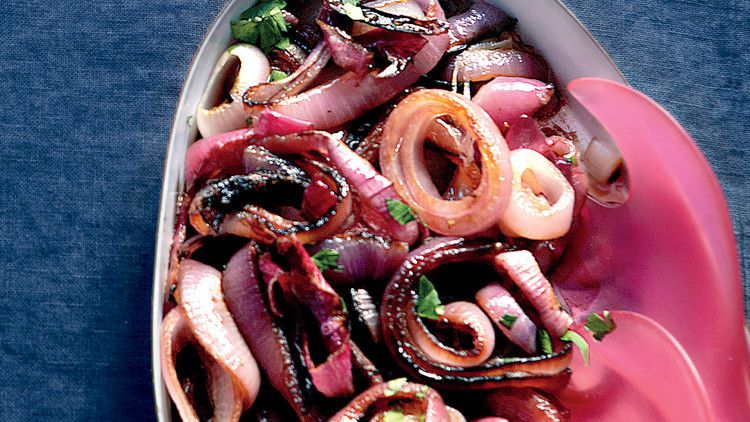Gore Vidal
When Duane Hansen took to the Missouri River in a hollowed-out pumpkin, he thought he'd prepared for everything.
"I'd thought about this for a long time, trying to eliminate anything that could possibly go wrong. And I think I did pretty good — except, when you're sitting in a pumpkin like that, it's really, really tippy," the Nebraska man told As It Happens guest host Katie Simpson.
"You have to pay attention 100 per cent of the time. You cannot stand up in the pumpkin. Absolutely not."
So Hansen kept his butt firmly planted on the cooler he used as a seat — even though it meant he couldn't access the cold beers he'd packed for his journey — and paddled 61 kilometres from Bellevue, Neb., to Nebraska City, setting what he believes is a new world record.

Along the 12-hour journey, he paddled through a thunderstorm, ran his pumpkin aground in a sandbar, smashed it into some rocks and battled the waves from passing vessels.
"They'll just about swamp you. I was taking on water from them, because Berta's only sitting about eight inches above the water level," he said. "Berta is the pumpkin's name. I name all my pumpkins."
Guinness World Records says it's reviewing Hansen's submission. The current record belongs to Rick Swenson, who in 2016, paddled a pumpkin 41 kilometres from Grand Forks, N.D., to Oslo, Minn.
Decade in the making
Hansen says he set his eyes on the strange record as soon as he heard about it. He loves growing large vegetables as a hobby, and it takes a mighty powerful gourd to carry a man across a river.
"It took me 10 years to grow a pumpkin that's big enough," he said.
Berta clocked in at 383.7 kilograms when Hansen lifted it with a small tractor, plopped it into a "homemade hot tub," sliced its top off and scooped out two five-gallon buckets worth of pumpkin guts.

He set out on the morning of Aug. 25, his 60th birthday, to break the record. As he paddled his pumpkin, his friends and family followed along in a boat, documenting the journey for Guinness. Two officials from Bellevue City Hall served as his official witnesses.
"I had my whole team. I didn't do it by myself," he said. "It was an operation."
The voyage was marred by thunderstorms and pouring rain, Hansen said. At one point, one of his helpers asked him if he wanted to call it quits and climb aboard the boat. But by then, he was just 13 kilometres from his destination.
"I said, 'Are you kidding me? We're too close!'" he said.
Despite the rough ride, Hansen says it was "worth every second." Everything went, more or less, according to plan. He only regrets that he couldn't stand up to retrieve his brewskies from his cooler.
"I tried it two times and I sat back down. That was it for that," he said.
But he admits it's probably for the best that he didn't get tipsy while he was tippy.
"Everybody was helping me, and they just would have been mad at me if that's the reason that I tipped the pumpkin over," he said. "We put a lot of time and effort into this."
Written by Sheena Goodyear. Interview produced by Shannon Higgins.






